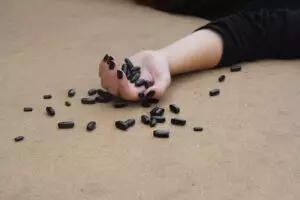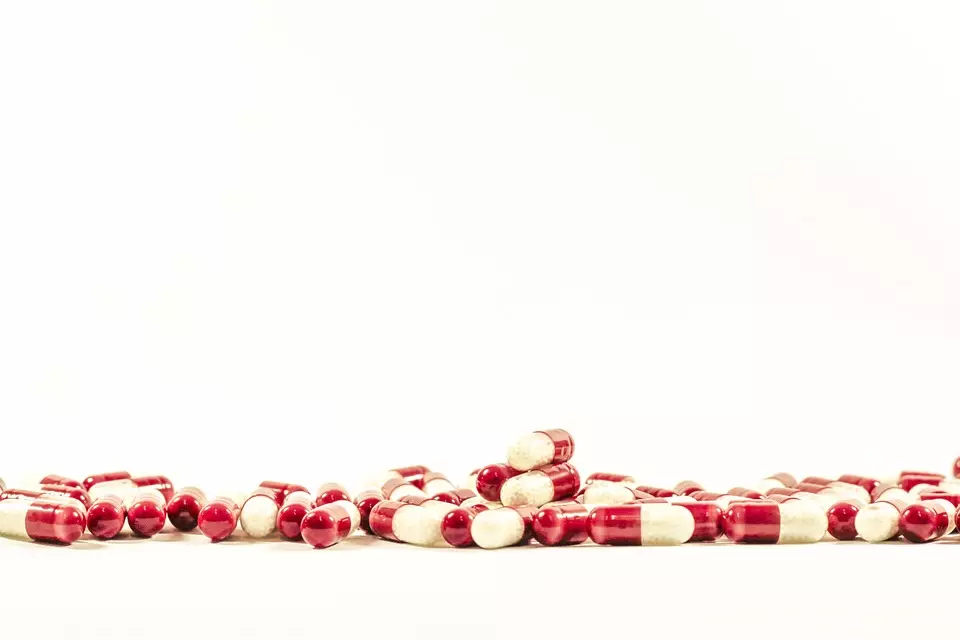Most drugs were never originally designed to be inside the body. Some replicate naturally-occurring human body chemicals and processes once they’re inside, but more often than not, they’re a mix of chemicals designed to take advantage of the body’s tolerance for poison and the flow of nutrients inside the body. So illegal drugs, or legal drugs being used in a way unintended by the prescriber, can be incredibly harmful when taken in excess of what the body can handle. This is an overdose, which killed over 64,000 people in 2016, and the trend has only gone up.
 How to Identify
How to Identify
The signs of an overdose of a drug are really dependent of the kind of drug being used. Drugs can be roughly divided into two categories: depressants and stimulants, or “uppers” and “downers” more colloquially. While even among these categories there are differences in overdose indications, the general thing to look for is vomiting, loss of consciousness or responsiveness, seizures, and difficulty breathing. If you know someone or are someone addicted to a substance, be familiar with the particular danger signs associated with the substance being used. (It is worth noting that dishonest pushers may sometimes say one drug is another drug to make a sale, so be wary of this as well)
First-aid Response
Luckily South Florida has a good medical emergency response time, even in the more rural areas, so first and foremost someone seeing someone else overdose should immediately alert 911, especially if they aren’t familiar with the right medical interventions to do. This will get the professionals moving, but it will also give even an untrained person access to medical knowledge to save a life. They can instruct in CPR, first-aid suggestions, and other emergency techniques.
Help After the Fact
Needless to say, an overdose is quite likely the bottom point of a person’s drug use. After their life is no longer in jeopardy, it is important to get them to agree to rehab as quickly as possible, so that their life can be theirs again. South Florida’s drug rehab options are quite good, so it’s only a matter of getting the addict to save their own life after that point.
To learn more about drug rehab and where to find it in South Florida, contact us right away.

